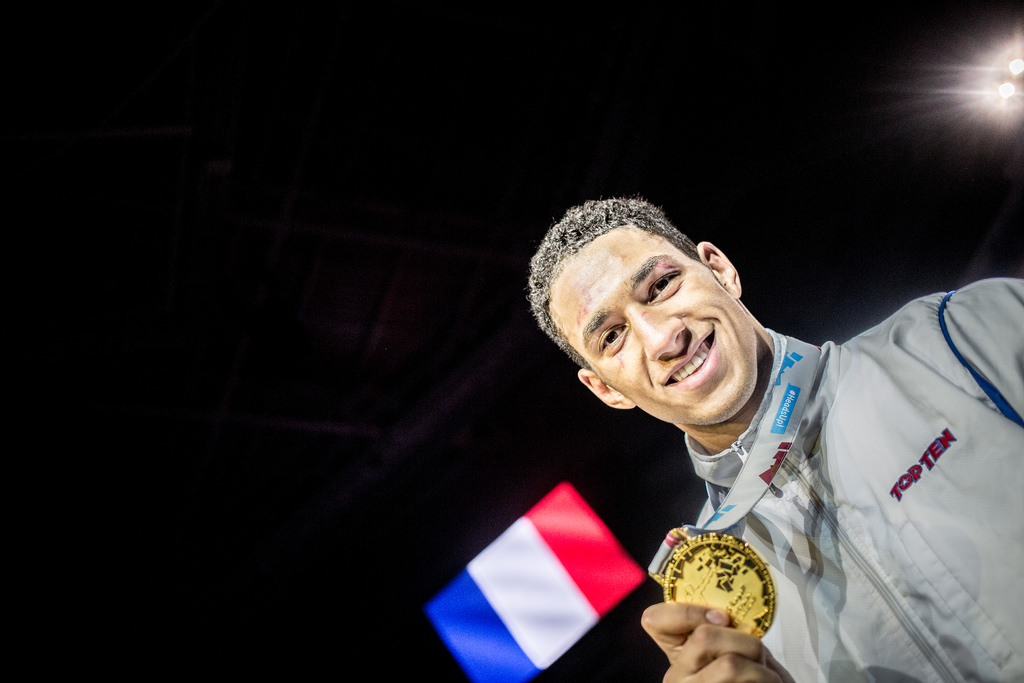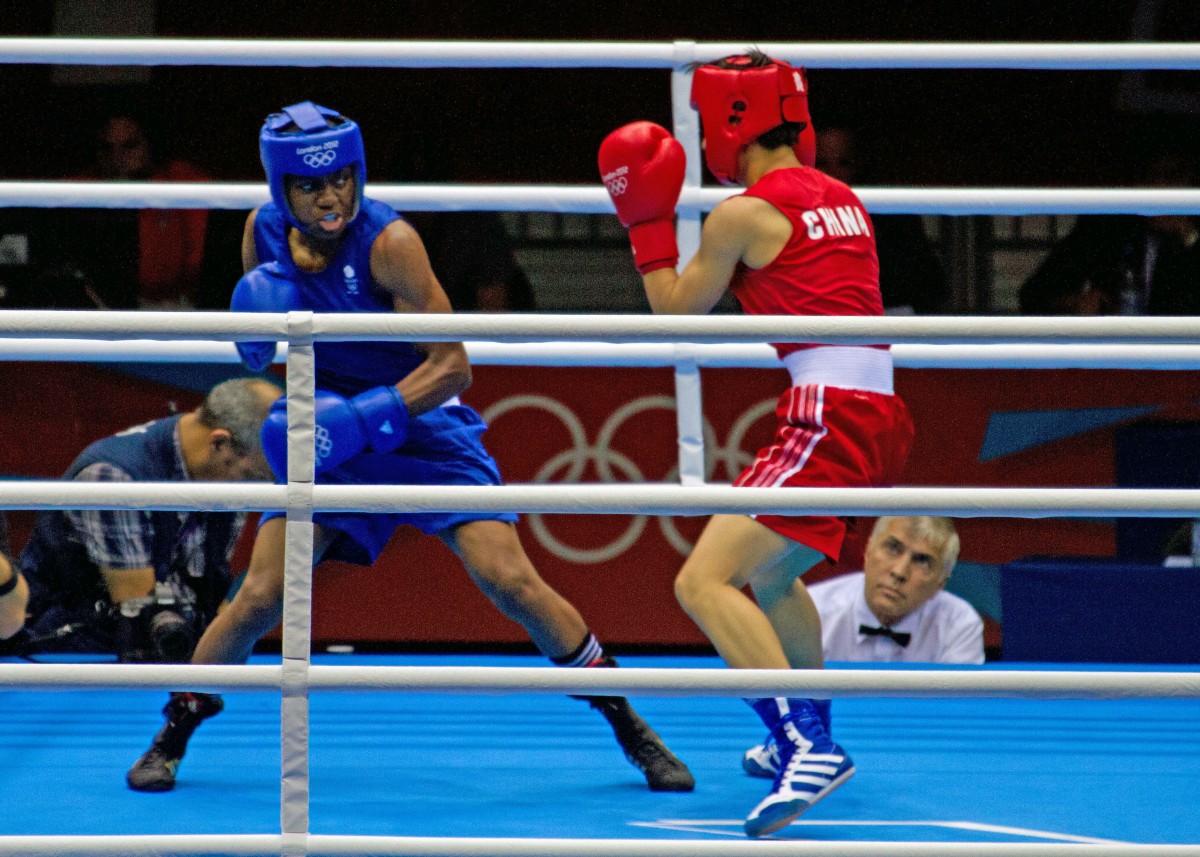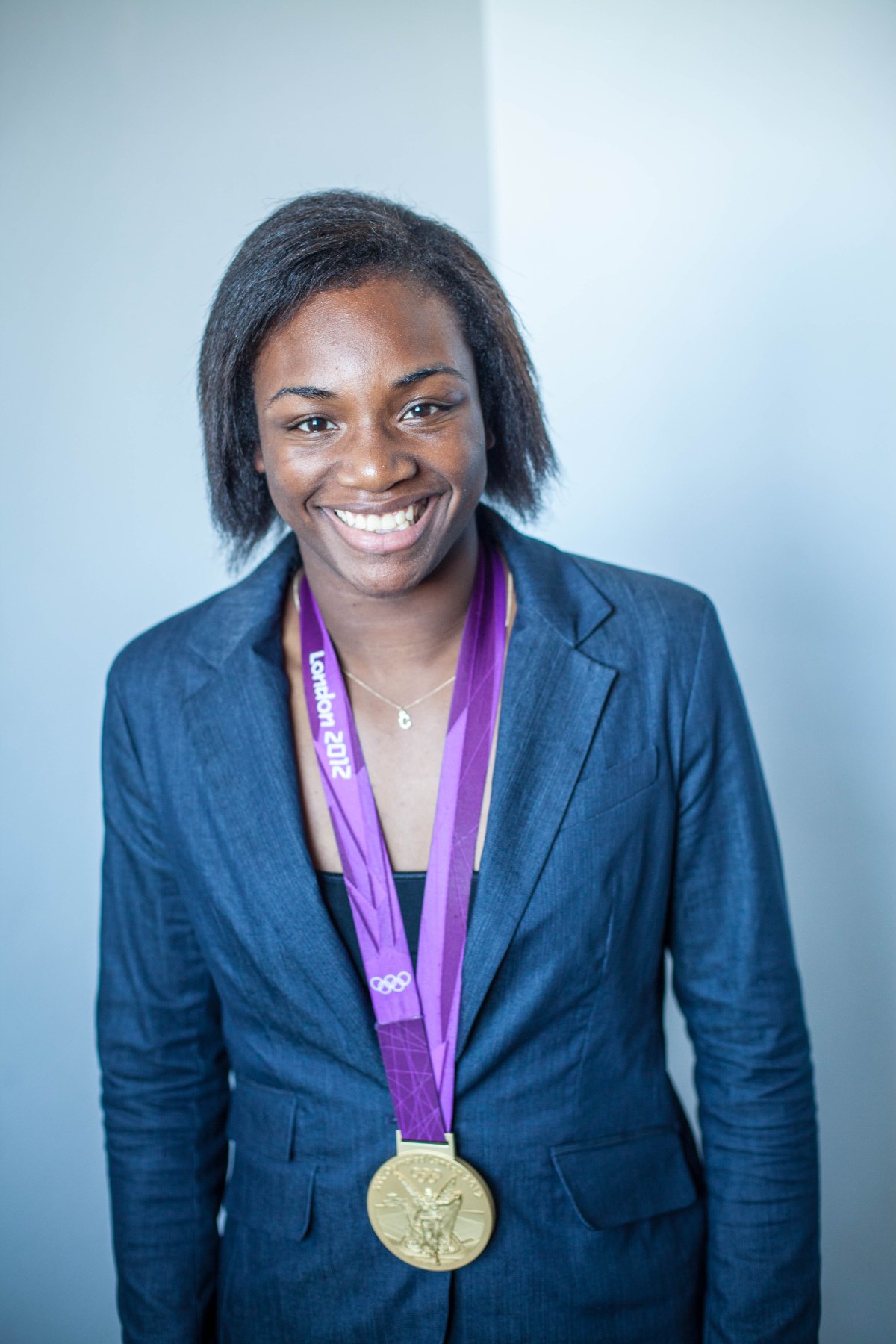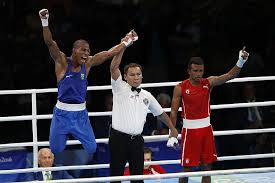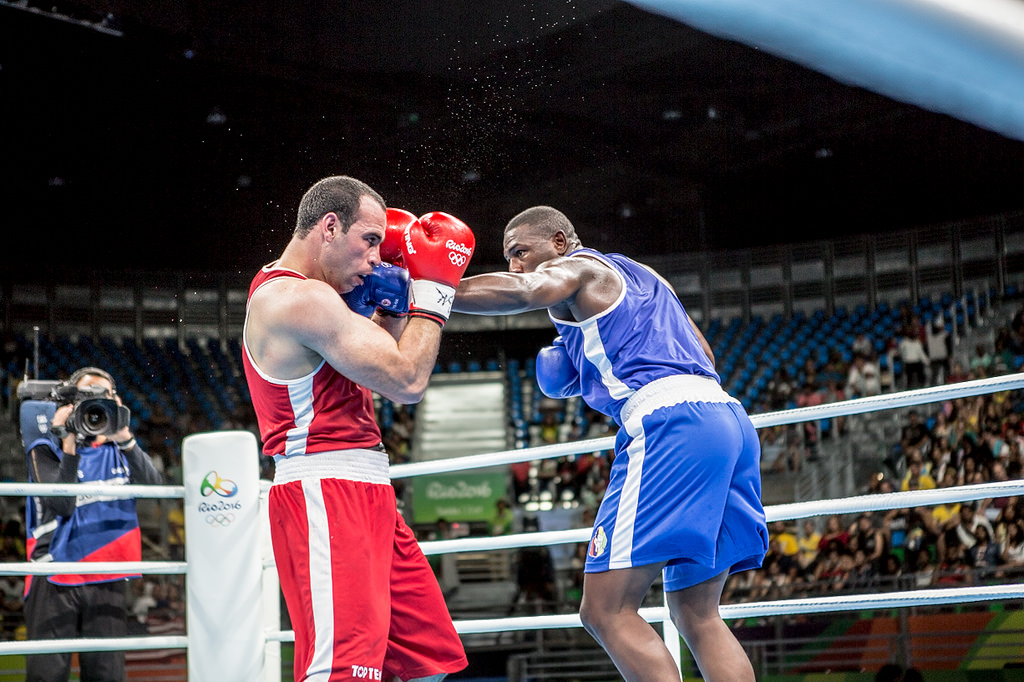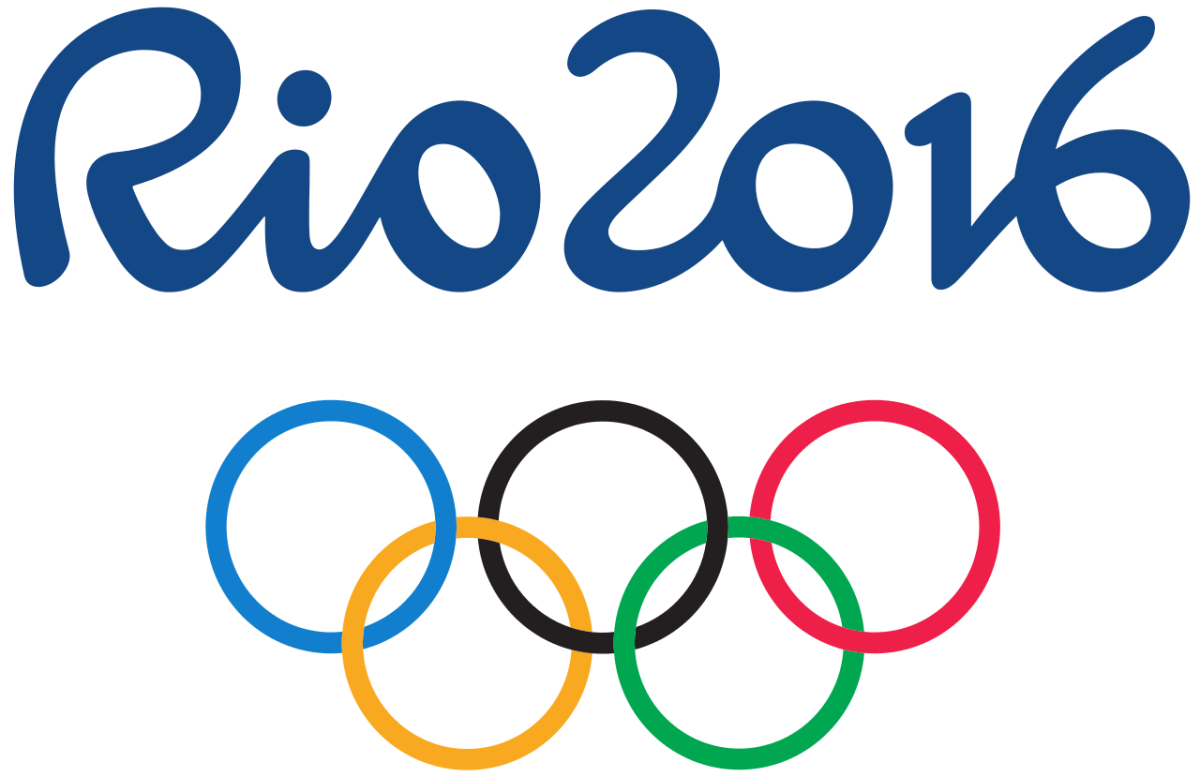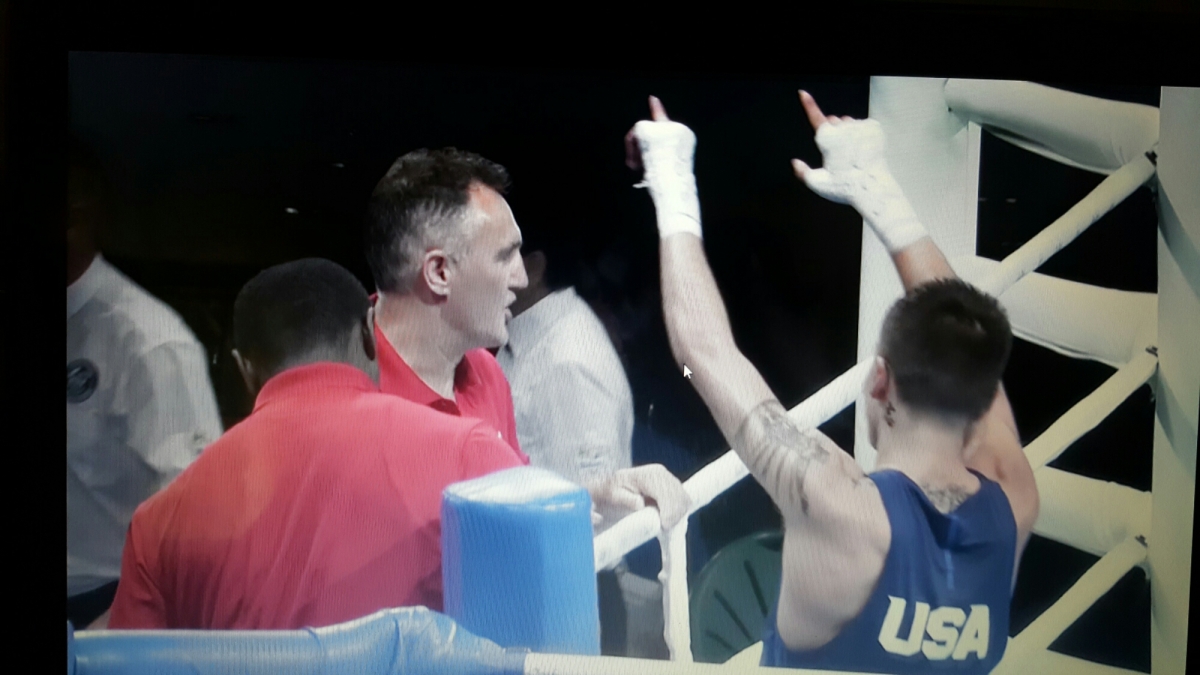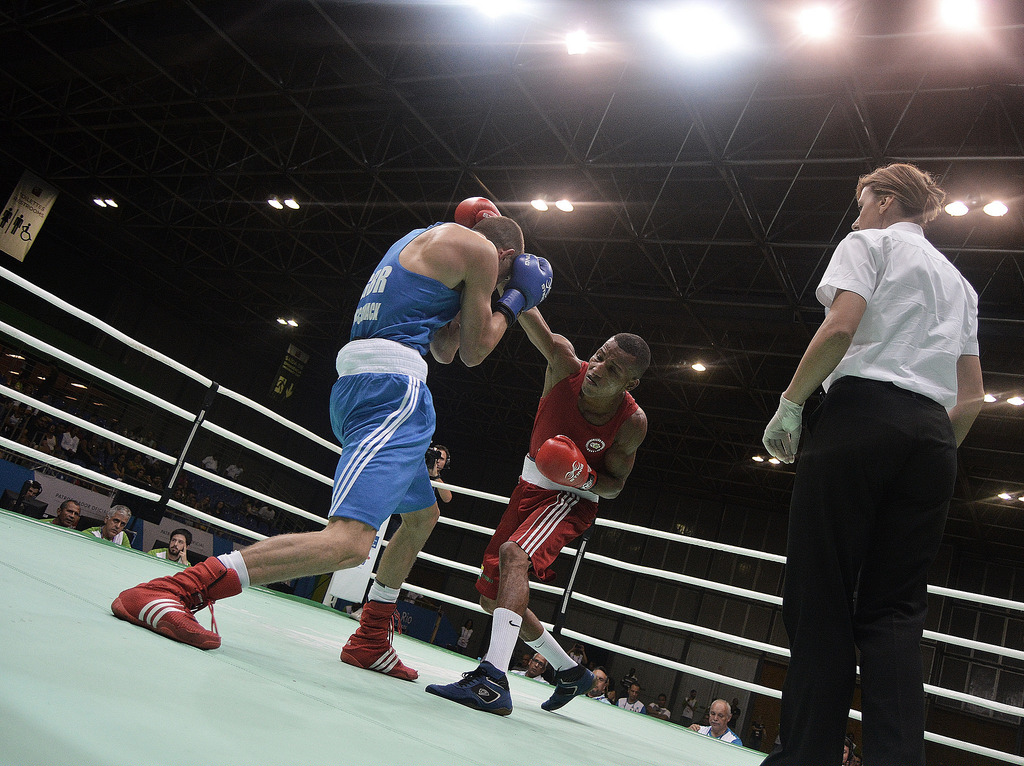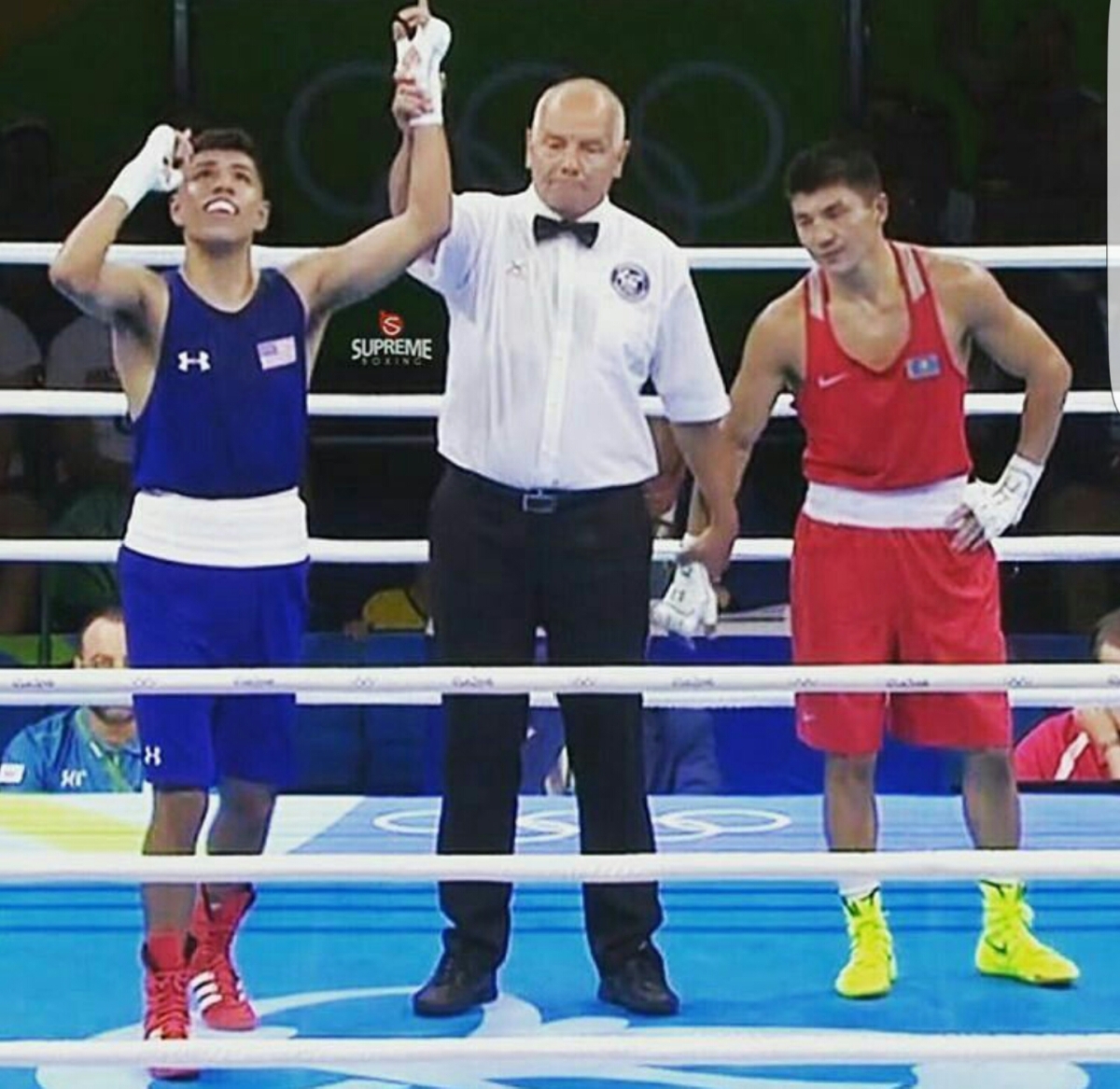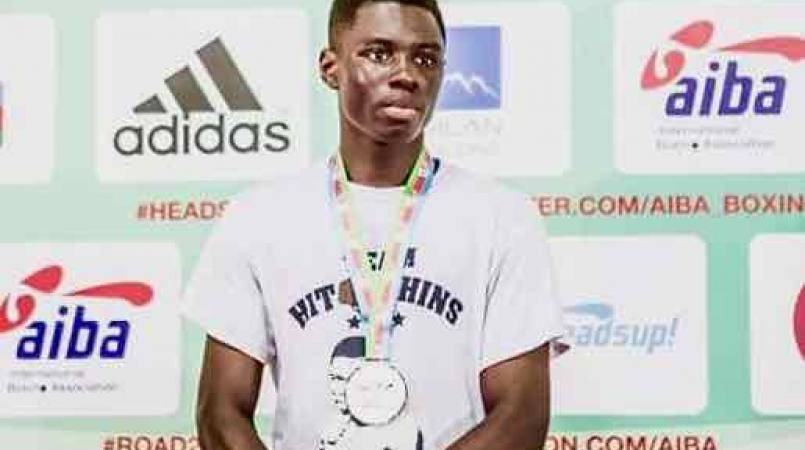It wasn’t easy, but both teams did it. Fighting through tough losses and bad judging, Team USA and Team Great Britain managed to put on enough good performance to guarantee more Olympic medals. History was also made by Team Brazil, and corruption was all too evident in a gold medal bout between Russia and Kazakhstan. This is the breakdown of Team USA and Team GB’s days 10 and 11 as well as the breakdown of day 10 and 11’s gold medal fights.
USA’s tough day 10 began with a close loss for one of its best medal hopes, flyweight Antonio Vargas. He suffered this defeat by way of unanimous decision to Uzbekistan’s Shakhobidin Zoirov in a very competitive fight. Uzbekistan’s boxing team has been outstanding in these Rio summer games, and Zoirov only added to his teams great reputation in this fight. Vargas is a top class operator who won the 2015 Pan Am Games by dominating a Cuban in the finals, and was generally somewhat shut down by Zoirov. The American was on the same level as Zoirov, but the Uzbek boxer just edged the majority of the three round fight with cleaner punching. Vargas had a strong showing in the final round, but it wasn’t enough to turn the tide. This loss was especially tough for Vargas because it came on his 20th birthday, but his skill, talent, and hand speed are such that he should achieve great things in the future. Zoirov’s next fight will be a quarterfinals match against Azerbaijan’s Elvin Mamishzada.
Great Britain’s only bout of day 10 was a shocking upset loss. Flyweight sensation Muhammad Ali (who is obviously named after the all-time great heavyweight champion) was so successful in competition prior to the Olympics that his world ranking earned him a bye through the Round of 32. Venezuela’s Yoel Finol, his Round of 16 opponent, was supposed to be little more than a subject upon which Ali could display his impressive fighting skills and make his much anticipated Olympic debut. But it didn’t turn out that way. Yoel Finol did not think he was going to lose, and he didn’t fight like it either. From the onset, he outworked, out-hustled, and out-fought the talented Ali. The Brit landed good punches but could not match the Venezuelan’s work rate and determination. Perhaps Ali was a bit sluggish from the long wait for his opening bout, or perhaps Finol mas much better than advertised. Whatever the case may be, Finol unexpectedly moves on to the quarterfinals. He will next fight Mohamed Flissi of Algeria.
Capping off the win-less day for Team USA was female lightweight Mikaela Mayer. Her fight against Russia’s Anastsiia Beliakova in the quarterfinals was undoubtedly a close, difficult fight to score, and Mayer easily could have gotten the nod. However, two out of the three scoring judges did not think the American did enough, as Beliakova won a split decision. The fight was a high-paced chess match, with each boxer capitalizing on the other’s mistakes successfully and both displaying various skills. Each round was hotly contested without much separating the two fighters. Both were very confident in the work they were doing, and when the fight was over, both strongly believed they had won the fight. This was no robbery, but due to the closeness of the contest and the good work that Mayer did, it was no surprise that the USA boxing fighter and coaches were outraged that they had lost. In the other corner, the Russian woman celebrated her victory and will now move on to a contest with France’s Estelle Mossely in the semifinals.
The first fighter of both teams to fight on a much more successful day 11 was Team GB’s talented 2012 Olympic gold medalist Nicola Adams. After receiving a bye in the Round of 16, the female British flyweight entered her quartfinals match against Ukraine’s Tetyana Kob as the huge favorite. No upset occurred in this match, as Adams rolled to a decision win and guaranteed herself at least a bronze medal. The Great Britain boxer looked very good for the most part, although she was made to work by the tough Ukrainian. The major difference was Adams’ more sound technical skills and jab, and those allowed her to keep Tetyana Kob off of her for much of the fight. If there was anything negative to be said about her performance, it was that Adams might have looked a little rusty in the early goings but she shook that off quickly and looked world-class for the rest of the bout. She looks to be the premiere fighter in the women’s flyweight division, and should she win her next bout against China’s Cancan Ren, she will be nine minutes away from a second Olympic gold medal.
The super-talented Shakur Stevenson opened up Team USA’s day 11 with dominant, medal earning performance. The American bantamweight’s quarterfinals match against Mongolia’s very capable boxer, Tsendbaatar Erdenebat, was little more than a boxing exhibition for the phenom from Newark. Stevenson’s jab was quick and accurate. He moved well. His combinations were strong. His defense was great — he barely got hit with a single clean punch. The smiley 19 year old looks like a potential gold medalist, and he has already caught the eye of significant boxing figures such as Floyd Mayweather, who actually came to Rio with the main goal of asking Stevenson to sign with Mayweather Promotions. The American should be fighting fellow bantamweight all-star Michael Conlan, the 2012 Olympic bronze medalist from Ireland, but due to a bogus decision loss to Russia’s Vladimir Nikitin, Nikitin is Stevenson’s semifinals opponent. Don’t be so sure that that fight is going to happen, either, as Nikitin sustained enough damage in “beating” Conlan that he may not be medically cleared to fight. If that is the case, Stevenson will win by walkover and move on to the gold medal round.
In a day filled with bad judging, USA’s Gary Antuanne Russell lost by one of day 11’s worst decisions in a bout that took place shortly after Stevenson’s. His opponent, Uzbekistan’s Fazliddin Gaibnazarov, fought well in round one and took it on all three scorecards. However, in rounds two and three all he did was run around the ring, throw few punches, and hold onto Russell. Russell landed all of the big shots in the last two rounds and was clearly the effective aggressor. Gaibnazarov, who at one point was avoiding contact so blatantly that the referee had to command him to throw punches, had little argument for winning either of the rounds. The Uzbek got away with an excessive amount of holding without losing any points and ended up winning a split decision, earning at least a bronze medal and ending Russell’s hopes of reaching the podium. Like the aforementioned Michael Conlan, Russell has every reason to be mad. They both lost corrupt decisions. Gaibnazarov now undeservedly moves on to a semifinals match against Russia’s Vitaly Dunaytsev.
In the day 11 afternoon session, Great Britain’s powerful and promising light heavyweight, Joshua Buatsi, had his destructive run at the Rio Olympic Games put to a halt by Adilbek Niyazymbetov of Kazakhstan. This was largely a matter of the experience level of the Kazakh and the inexperience of the hard hitting Brit. Niyazymbetov boxed and moved constantly, and Buatsi could not pin him down and waited way too long to throw punches. When Buatsi landed, the Kazakh boxer clearly felt Buatsi’s power and was shaken. However, the boxer from Great Britain could not land enough punches to inflict a significant amount of damage or gain the advantage on points. Joshua Buatsi looked fantastic in all of his other fights in the Olympic tournament and will return home with a bronze medal, which is something any boxer — especially one with as little major international tournament experience as Buatsi — should be extremely proud of. Niyazymbetov moves on to face the heavily favored Cuban, Julio Cesar La Cruz, in the final.
Joe Joyce ended Great Britain’s day 11 on a high note, laying a beat down on his super heavyweight opponent to guarantee a third medal for Team GB. Joyce is a mountain of a human, and he hits with extreme power. Uzbekistan’s Bakhodir Jalolov found that out the hard way, getting beaten from pillar to post but somehow lasting the distance with the promising and dangerous Brit. Jalolov was a quality opponent, and Joyce just ran through him. The Uzbek started confidently, but as soon as Joyce hit him to the body a few times, Jalolov was on the run. The referee would have been wise to stop this fight, actually, as more than one time it appeared as though Jalolov had quit. In the end, Jalolov took some standing eight-counts and survived until the final bell. His ability to hold on was not rewarded, obviously, as he lost by completely one-sided margins on the scorecards. Joyce next fights skilled Kazakh Ivan Dychko in the semifinals.
Two more weight classes in the tournament reached their finals in the past two days (August 16 and 17), and two more gold medalists were crowned. However, in the first of these matches, the judges decision at the end of the fight was unbelievably bad. Kazakhstan heavyweight Vassiliy Levit appeared to dominate all three rounds of his fight against Russia’s Evgeny Tishchenko, but somehow lost a decision in the most important fight of his life. It was unfair; it was wrong; it was corrupt. Levit was the aggressor, landed far more punches and far more hard punches, and really was clearly the winner of the fight. Levit was very classy and even tried to quiet the crowds that were booing Tishchenko. The Kazakh can do nothing but accept his silver medal and appreciate the fans’ support for him and condemnation of the AIBA (the organization that runs all major amateur international boxing tournaments). That being said, Levit should without a doubt be the 2016 Olympic heavyweight gold medalist.
The second gold medal bout featured far less corruption, far more excitement, and an incredible atmosphere. Fighting in front of a packed stadium filled with adoring fans, Brazilian lightweight Robson Conceicao won the first Olympic gold medal Brazil has ever won in a boxing ring by defeating the tough and gutsy Sofiane Oumiha of France in a scintillating performance. This was an amazing thing to watch. Two top fighters putting forth two brave efforts in front of a raucous crowd with history being made in the finish. Conceicao was the better fighter throughout and landed some tremendous combinations, but Oumiha never stopped trying and had a good third round. The bout was high paced and filled with excitement, and when Conceicao was rightfully anounced the winner, he dropped to his knees with emotion as the Riocentro Pavilion erupted with cheers. This is what the Olympics is all about.
